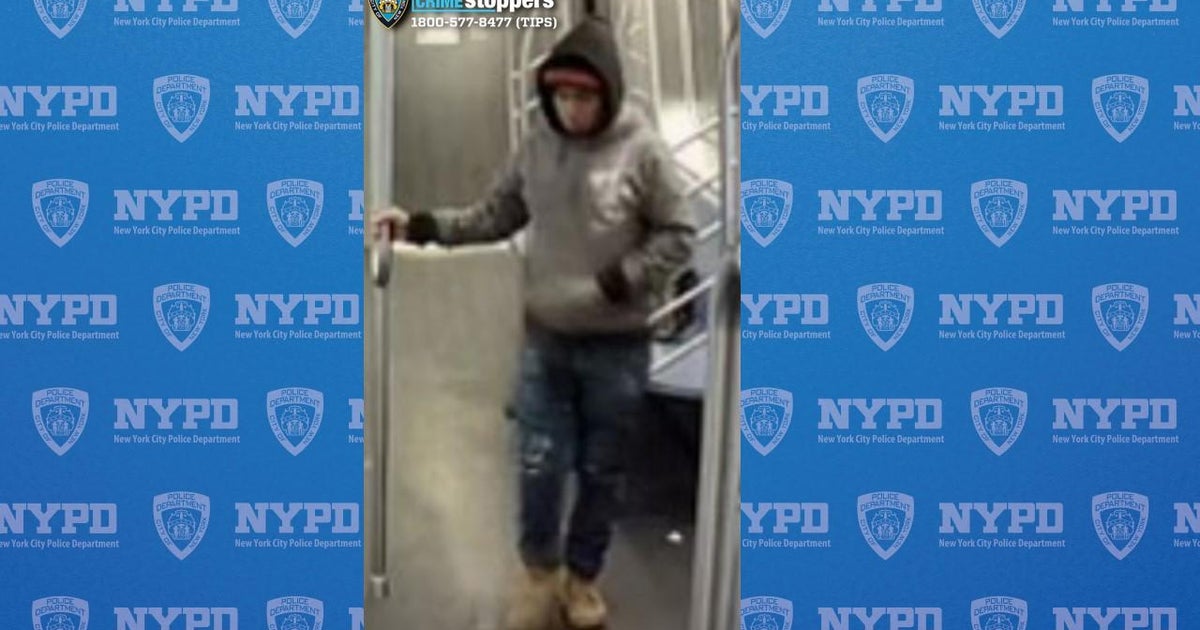Not guilty verdict reached in trial of ex-Parkland school resource officer Scot Peterson
FORT LAUDERDALE - A Broward jury has acquitted former Marjory Stoneman Douglas High School resource officer Scot Peterson on all counts.
Peterson, 60, took off his glasses and wept in court as the judge read off the verdict, finding him not guilty of seven counts of felony child neglect, three counts of culpable negligence and one count of perjury.
"I've got my life back," Peterson, a former deputy for the Broward County Sheriff's Office, told reporters outside court, describing the years since the shooting as "an emotional roller coaster."
State prosecutors accused Peterson of ignoring his training and doing nothing as 17 people, including 14 students, were gunned down in what became the deadliest US high school shooting ever. His attorney argued the then-Broward Sheriff's Office deputy didn't enter the building under attack because he couldn't tell where the shots were coming from.
"The only person to blame was that monster," Peterson said of the shooter. "It wasn't any law enforcement, nobody on that scene, from BSO, Coral Springs. Everybody did the best they could. We did the best we could with the information we had, and God knows we wish we had more at that point."
The seven counts of felony child neglect and three counts of culpable negligence each stemmed from the deaths and injuries of eight students - seven of them minors - and two school employees on the third floor of the 1200 building: Teacher Scott Beigel and students Meadow Pollack, Jaime Guttenberg, Cara Loughran, Joaquin Oliver and Peter Wang all were killed, while teacher Stacey Lippel and students Anthony Borges, Kyle Laman and Marian Kabachenko were wounded and survived.
"As parents, we have an expectation that armed school resource officers – who are under contract to be caregivers to our children – will do their jobs when we entrust our children to them and the schools they guard," Broward State Attorney Harold F. Pryor and the prosecutor's office said in a statement after the verdict. "They have a special role and responsibilities that exceed the role and responsibilities of a police officer. To those who have tried to make this political, I say: It is not political to expect someone to do their job."
Tony Montalto, whose 14-year-old daughter Gina was killed on the first floor, and Tom Hoyer, whose 15-year-old son Luke died next to her, watched the verdict. They said they had no interest in talking with Peterson, who was not charged in connection with those deaths.
"No. No. Bring me my daughter back," Montalto said. "We'll all trade anything to get our kids back. The spouses, they who lost someone, they want them back, too. And if that's not going to happen, why do we need to talk to this failure. He didn't do the right thing. He ran away."
Montalto said if the jurors believe Peterson acted appropriately, they should get him hired at their children's schools.
The case was notable, in part, for the state's decision to bring the child neglect charges under a Florida statute that governs caregivers, arguing Peterson as a school resource officer had a duty to protect the students.
Peterson was accused of failing to confront the gunman according to his active shooter training, instead taking cover for more than 45 minutes outside the school's three-story 1200 building before the killer was apprehended.
Peterson "left behind an unrestricted killer to spend the next 4 minutes and 15 seconds wandering the halls at his leisure," Assistant State Attorney Kristen Gomes said in closing arguments Monday. "Because when Scot Peterson ran, he left children trapped inside of the building with a predator unchecked."
Peterson was not charged in connection with the victims on the first floor because he had not yet arrived on scene; no one was killed on the second floor.
Peterson, who retired as criticism of his actions grew, never knew where the shooter was, defense attorney Mark Eiglarsh told jurors, pointing to other witnesses who testified they could not narrow down where the deadly shots originated. The trial included testimony from former students, staff and members of law enforcement who supported the ex-deputy's claim it was difficult to hear where the gunfire was coming from.
"Two dozen witnesses came in here one by one and told you they couldn't tell from the sounds precisely what area we're talking about," Eiglarsh said in his closing argument Monday. And even if Peterson had known where the shooter was, speculation he could have made a difference is false, Eiglarsh argued.
Jurors also heard from witnesses who testified they knew the shots were emanating from the 1200 building, as well as law enforcement officers who testified their training dictated they move toward the sound of gunfire to confront a possible shooter.
Eiglarsh emphasized Peterson was at the scene for the last 4 minutes and 15 seconds of the shooting, which lasted about 6 1/2 minutes. Peterson also arrived at the scene without a bulletproof vest or rifle and called for measures to lock down the school, the attorney told jurors.
"To sit in the calmness of a courtroom that is chill and mellow and try to go back and Monday morning quarterback is unfair and unjust," he said.
The jury was made up of just six panelists. Florida law requires a dozen jurors only for capital cases, such as that of the Parkland shooter, who was sentenced to life in prison without parole after a jury declined last year to unanimously recommend the death penalty.




